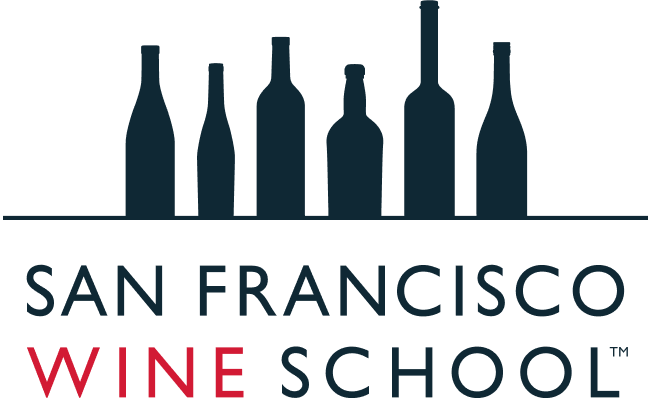A Rapidly Changing World
What anyone knew just five years ago is completely out of date in many areas. European Union Common Market Organization reforms that occurred 2008-2011 continue to create confusion with implementation of AOP/DOP/PDO wine regulations. The years leading up to this legislation saw a ripple effect of legal changes globally. Italy led the charge with the number of DOCG increasing from 21 to 73 in just 10 years, & 5 more since then.
The United States went from 160 to 212 AVAs during the same time, & another 43 since then. In the 1990s, appellation labeling regulations were established for the first time in Australia, Chile and Argentina and all of them continue to evolve. South Africa had a change in the governing body for their country’s wines during the 90s and the United States also reorganized in 2002. Spain introduced DO Pagos as a quality level with a very vague indication of how it relates to DO and DOCa levels. Further confusion ensued with a rift in Cava and the creation of Classic Penedes in 2013 and Corpinnat in 2015.
Many consumers and professionals are unclear about differences between VDP association rules and German governmental regulations. Sweeping new German wine regulations in 2021 may or may not help. From 2002 to 2018 Austria’s DAC were created and gradually grew from 1 to 16. On top of this, climate change has caused Bordeaux and other regions to authorize new grapes in 2021.
If you aren’t keeping up with all of this, you are falling behind.
Increasingly Savvy Customers
Everyone has access to massive amounts of information at a moment’s notice. When you suggest wine to a customer in a restaurant or retail store, they often double-check you via ratings or blogs on their smartphone. There are more print and digital magazines, books and e-books and blogs every day. Wine is available in more places with a greater diversity of offerings. Customers are more knowledgeable and demand more information and service.
Top Hiring Criteria

Employers are demanding wine credentials more frequently in recent years. This can be seen on winejobs.com and is backed up by a survey done by Sommelier Journal in November 2012. In the survey, hiring managers cited certification as the second most important factor after personality when selecting a sommelier. And of those looking for candidates with formal training, 76% said it was mandatory.

Over the last 35 years the Wine & Spirit Education Trust (WSET), Court of Master Sommeliers (MS) and Society of Wine Educators (SWE) have issued half a million credentials in total. A large percentage of wine professionals have some type of credential and it sets them apart from job seekers who do not.
There have been no similar surveys conducted since 2012 but sevenfifty.com's 2019 salary survey shows more than 1/4th of wine industry professionals are seeking formal credentials and the demand has been growing steadily.
Credentials Increase Salaries

Not only can a wine credential help you get a job, it can increase your pay, too. The 2017 Annual Salary Survey by the Guild of Sommeliers (the last year this was conducted) showed that Master Sommeliers earn an average of 198% more than Introductory Sommeliers.
Which credentials do you think are the most marketable? Has having, or not having a wine credential ever impacted whether you were hired or promoted? Has obtaining a credential led to increased compensation for you?
Learning Paths and see what credential is right for you. See our upcoming full program and single course schedule. Private, customized corporate training is also available.


